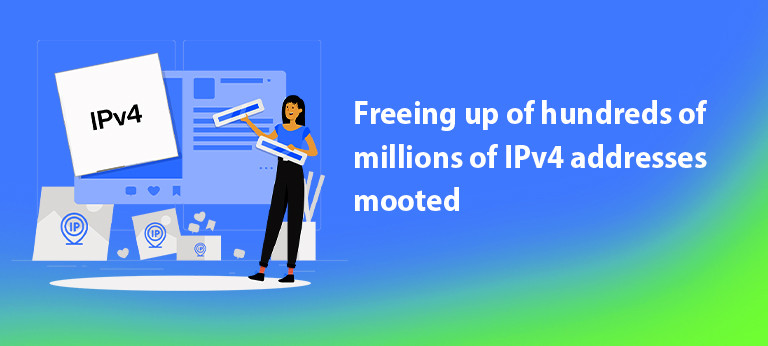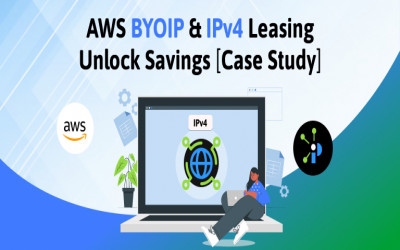
It is a well-known fact that there is a shortage of IPv4 (Internet
Protocol Version 4) addresses worldwide. Efforts are on to make more IPv4
addresses available for those who are in need. Since the 1980s, there have been
literally millions of addresses that were either invalid, reserved, or being
used for loopback networks.
Keeping in mind the pressing need to free IPv4 addresses, there have
been efforts to free these addresses.
The background and present
efforts
During the 1980s, certain decisions were made to reserve or keep
certain IPv4 addresses as special. These addresses have become unroutable and
cannot be used. The addresses are going to waste since they can be used by
people who are in need of IPv4 addresses.
The exact number of addresses that would be freed up is astounding!
The number is 419 million. Yes, this is a huge number and all these addresses
can be freed up, making them available for use. Doing so will help to ease the
shortage of IPv4 addresses that is being faced globally.
The solution to this problem is to use the ranges like 240/4, 0/8,
128/8, and the address ranges from 225/8 to 232/8. When these ranges can be
freed up, it would lead to the release of 419 million IPv4 addresses.
The work on hand
This information was revealed by Seth Schoen. He is the co-founder
of Let’s Encrypt, a company that
provides digital security certificates. He is among those who are putting in an
effort to free IPv4 addresses. He has been working on a project to clean up IPv4
addresses. The aim of this project is to identify and free up addresses that
are not being routed and can be made usable.
Schoen spoke about his effort at APRICOT
– the Asia Pacific Regional Internet Conference on Operational Technologies. He
was addressing the conference while presenting on the IPv4 Unicast Extensions
Project.
He spoke about how the decision to block addresses was taken and the
reasons for the same have not borne fruit now. He revealed how these decisions
have proven to be costly. Numbering resources have been wasted over the past
few decades, which have contributed to the present shortage.
The way forward
Schoen spoke about the design mistake that led to 0 being assigned
as the network broadcast address. This is a key reason for the current scarcity
that has led to hoarding. This has resulted in increased prices, and has also
led to incidents of fraud.
Schoen has given the example of the 4.2 Berkeley Software
Distribution UNIX operating system. The OS has been retired and no new OS has
been made over the past 30 years. This restriction can be removed. The
localhost loopback interface has the /8 block of 16.7 million IPv4 addresses
that have been reserved. If it is changed to /16, then millions of addresses
can be freed.
Doing this offers benefits but calls for making software changes in
the network stacks. This has already started and work is on to maximize
compatibility, so network operators can use them.
With these new efforts, millions of IPv4 addresses can be released.
This would reduce the pressure on existing providers who are struggling to meet
customer demands. If you are looking for IPv4 addresses, you can get in touch
with a reputed IPv4 Broker like Prefixx.
With their experience in facilitating transfers of IPv4 addresses, they can
cater to all your IPv4 needs.

Navigating the Crossroads of IPv4 Strategy: To Buy or to Lease? 2024-06-24 06:46:51
.png)
IPv4 to IPv6: Smooth Migration Tips[Guide] 2024-05-10 06:44:59

AWS BYOIP & IPv4 Leasing: Unlock Savings[Case Study] 2024-03-26 11:31:16
No hidden fees, free consult